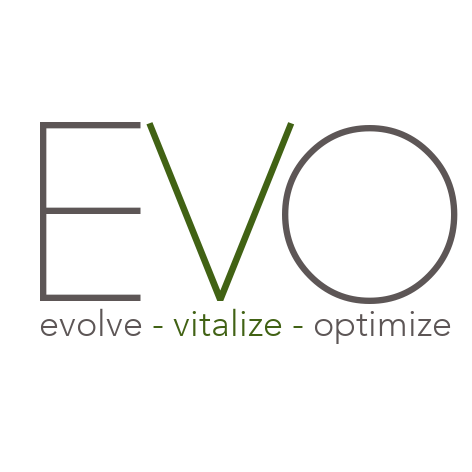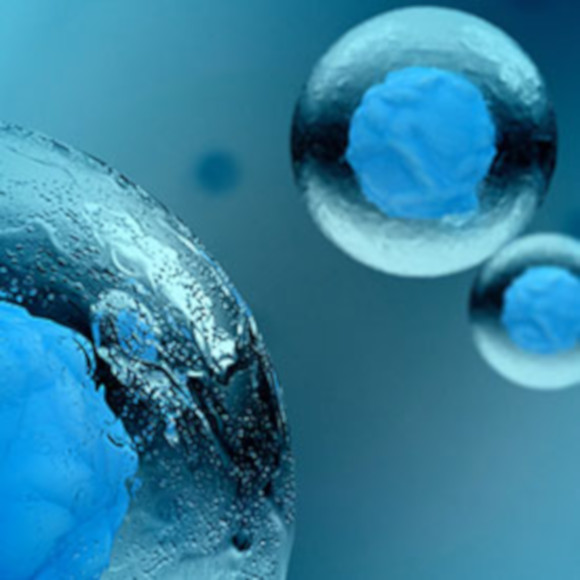ACT
ACT stands for autologous cyto-immunotherapy. It has been developed to take information found in a patient’s immune system and potentiate its activity. As the body responds to an infection, the immune system develops markers specific to the microbes it is being exposed to. By extracting the cells involved in this process, expanding the information and presenting it back to the immune system, this extract can be used to give selective and individualized responses back to the immune system. ACT also contains dendritic cells and stem cells. These too can be utilized to help modulate the body’s immune response.

